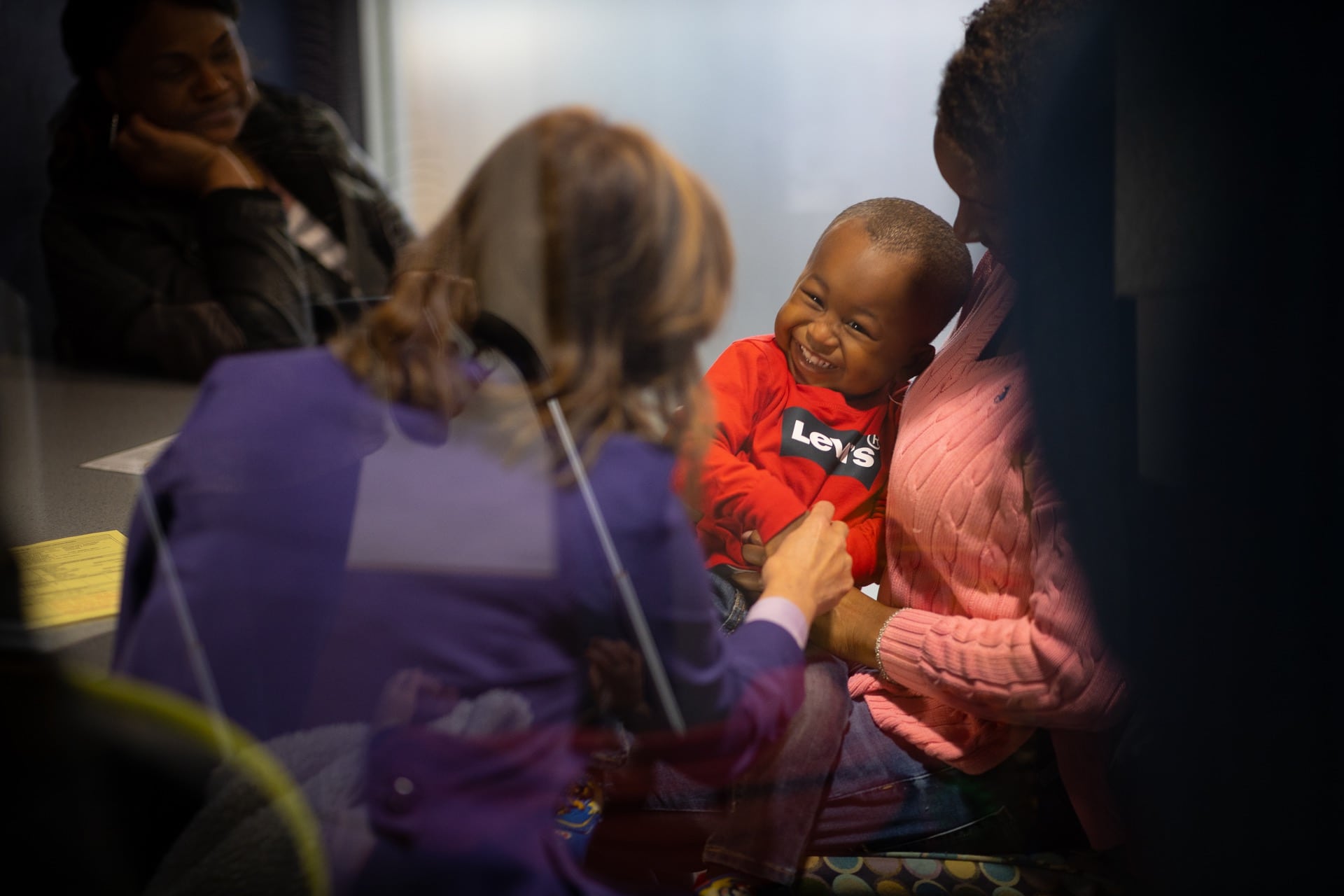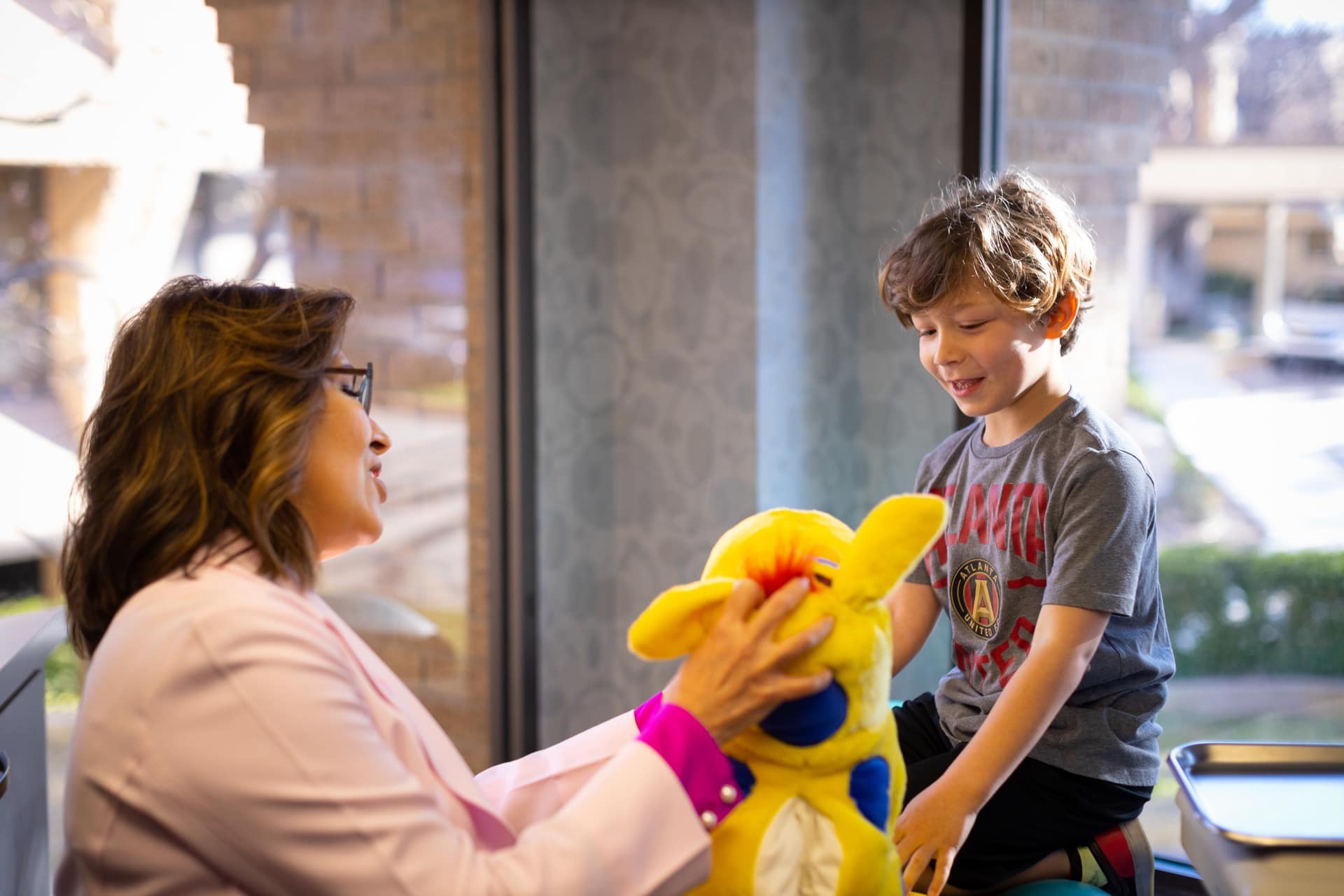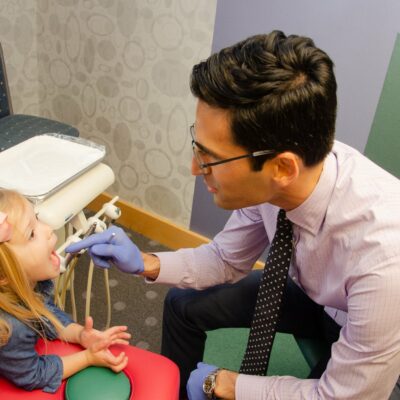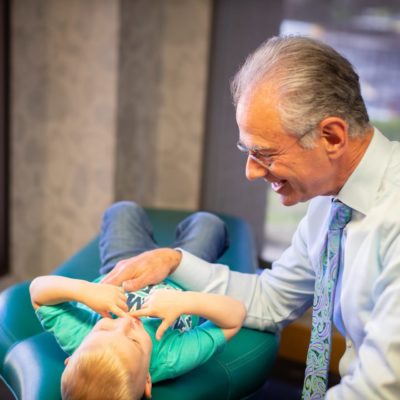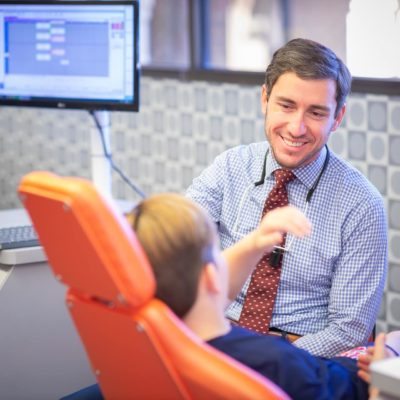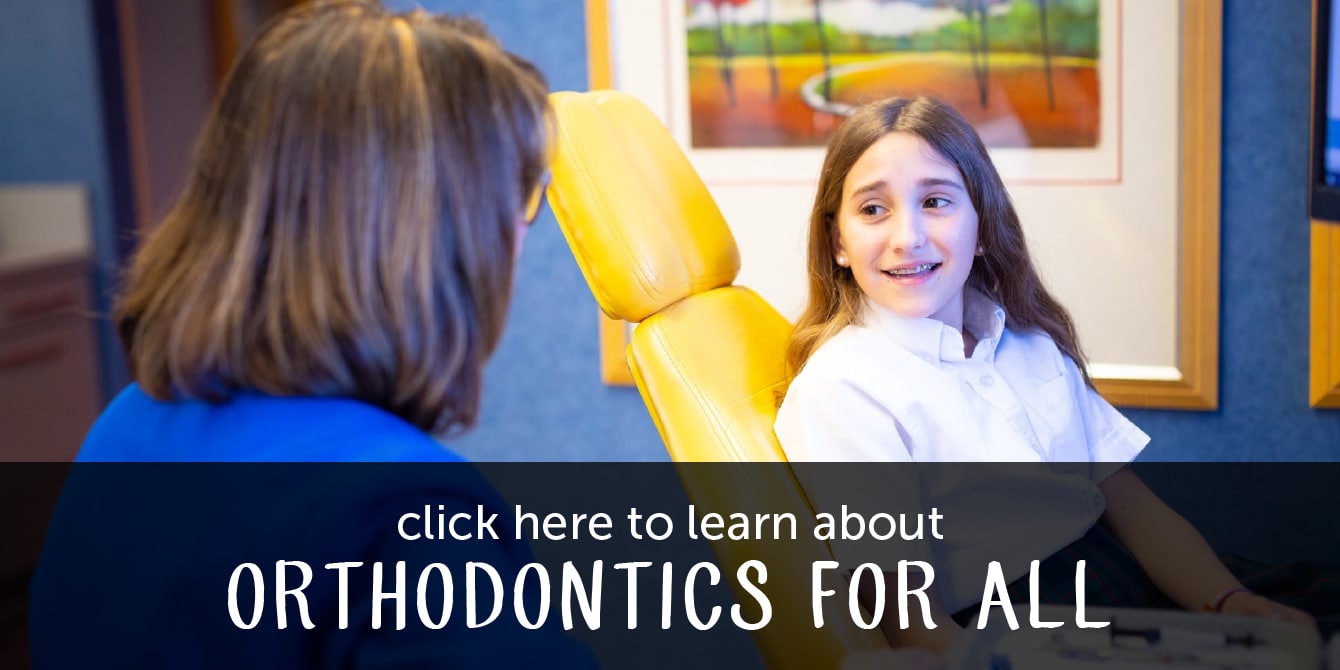At myKIDSdds, we go beyond extraordinary dental care by enriching our patients’ lives through education and self discovery. Our team and doctors continuously invest time and money in furthering their knowledge of whole-body health and wellness. This knowledge affords our team the ability to help monitor the health and wellness of each child, individually, and our patient base as a whole.
For years Dr. Kogut and Dr. Alex have noticed a significant increase in the number of children coming in with a diagnosis of Attention-Deficit/Hyperactivity Disorder, known as ADHD. As individuals committed to the total wellness of their patients, they began to investigate this disorder and it’s symptoms more thoroughly. After years of conversations with parents, classes, lectures, and intentional collaboration with other doctors and clinicians across the country, our doctors, along with many others, have begun to see a strong correlation between ADHD and sleep deprivation.
Today, ADHD has become one of the most commonly diagnosed diseases in children; sleep deprivation, however, is rarely discussed.
ADHD, Sleep Deprivation or OSA
ADHD
Symptoms:
Inattention, hyperactivity and impulsiveness are common symptoms among children with an ADHD diagnosis. Children with ADHD have a hard time maintaining focus, sitting still, completing tasks and have difficulty controlling their emotions. These symptoms usually begin before the age of seven. ADHD in children causes academic and social challenges and can persist into adulthood. A recent study showed 25-50% of children who are diagnosed with ADHD simultaneously encounter sleep difficulty. (1) Unfortunately, it is easy to blame a child’s sleep issues on ADHD and the medications used to treat it.
Cause:
While the exact cause of ADHD is not clear, research efforts continue. Factors that may be involved in the development of ADHD include genetics, the environment or problems with the central nervous system at key moments in development. (3)
Sleep Deprivation
Symptoms:
Your child may be suffering from sleep deprivation. One useful tool for assessing your child is the BEARS Sleep Screening tool (4). This screening tool addresses five common sleep issues and how symptoms manifest based on a child’s age. These five areas include:
B- Bedtime problems (problems falling asleep)
E- Excessive daytime sleepiness (overly tired while in school or driving, difficulty waking up)
A- Awakenings during the night (constantly waking, sleepwalking, nightmares)
R- Regularity and Duration of sleep (sleep schedule and consistency)
S- Sleep disordered breathing (snoring or interruptions to regular breathing)
Hallmarks of sleep breathing disorder: underdeveloped upper and lower jaws, dark circles, lip and tongue tie, and long narrow facial structure.
Cause:
There are several potential causes of sleep deprivation in children, including emotional issues such as anxiety and stress, mood disorders, autism spectrum disorders and Obstructive Sleep Apnea(OSA). A daunting 95% of children with sleep-disordered breathing never get diagnosed. (6) Sleep deprivation increases the potential for ADHD symptoms in children.
Children who lack the proper amount of sleep tend to overcompensate for tiredness and “speed-up” instead of becoming sluggish like adults who suffer from sleep problems. (2) Unfortunately, because the side effects of sleep deprivation portray ADHD, it is commonly overlooked and/or disregarded.
Obstructive Sleep Apnea – OSA
What is OSA?
Obstructive Sleep Apnea is when breathing patterns are frequently interrupted during sleep. Night-time disruptions in breathing are most commonly caused by an obstruction to the airway due to enlarged adenoids and tonsils. During sleep, the body relaxes which causes muscle tone in the throat to decrease and the airway to become smaller. During this process, enlarged tonsils and adenoids block the airway, preventing proper airflow and making breathing more difficult which motivates frequent nighttime arousals. Once awake, muscle tone increases and the airway opens, allowing proper breathing.
Symptoms:
Many children are affected by OSA; however, it is most common in children ages 2-6. Restlessness during sleep, loud snoring and heavy breathing are all indicators of OSA. Interestingly, behavioral issues such as tantrums, irritability, frustration, hyperactivity, and difficulty focusing in school or on tasks are also signs of Obstructive Sleep Apnea. Chronic infections in the tonsils, adenoids or the ears point to OSA as well.
Cause:
Enlarged tonsils or adenoids, obesity, small jaws, craniofacial anomalies and neuromuscular disorders can all be underlying causes of OSA.
Affects:
Children suffering from sleep-disordered breathing wakeup an estimated 15-30 times per night due to the inability to breathe. Although awakenings caused by OSA may be short, several disruptions to a child’s sleep contribute to sleep deprivation. Research suggests a stunning 25% of children diagnosed with ADHD may actually have sleep-disordered breathing symptoms.(5) Constant interruptions to sleep contribute to hyperactivity and behavioral issues.
Discover the root
Similarly, ADHD, sleep deprivation and OSA all contribute to hyperactivity in children and adolescents, difficulty maintaining focus and behavioral issues. To accurately determine the underlying cause of these symptoms, assessing for sleep disorders is vital. Understanding the relationship between ADHD, sleep deprivation and OSA offers hope in discovering the root cause of certain symptoms. Correcting sleep deprivation can potentially eliminate hyperactive behaviors and maximize your child’s ability to thrive mentally, academically and socially.
Contact our office today!
Is your child showing signs of ADHD? The real problem could be sleep deprivation! If you have questions regarding sleep disorders or possible airway issues, don’t hesitate to schedule with us and let our administration team know so we can discuss it at your next appointment. We are here to provide your family with the highest level of care and are excited to partner with you on this journey to excellent health and whole-body wellness. We are grateful to be your trusted dental home!
Resources:
(1) Nat Sci Sleep. 2012; 4: 73–80. | Published online 2012 May 29. doi: 10.2147/NSS.S31269
(2) https://www.sleepfoundation.org/articles/adhd-and-sleep
(3) https://www.mayoclinic.org/diseases-conditions/adhd/symptoms-causes/syc-20350889
(4)https://www.med.upenn.edu/cbti/assets/user-content/documents/BEARS%20Sleep%20Screening%20Tool.pdf
(5)https://www.sleepapnea.org/treat/childrens-sleep-apnea/#:~:text=All%20these%2C%20and%20especially%20the,2%20and%208%20years%20old.
Healthy Smile, Healthy Child
Of course, a beautiful smile begins with a healthy smile. Our team will help your child achieve good oral hygiene through regular cleanings and one on one education. Your little one will receive an oral hygiene score and coaching each time they visit us for a cleaning, cultivating a sense of responsibility and accomplishment while also building their confidence each time they improve their score. Don’t forget, a clean mouth promotes total body health and wellness too! This is why our doctors will screen for airway issues, talk about nutrition, eating habits, and much more. We want our patients to be empowered in the knowledge we provide to them on the health of their facial complex and how it relates to their overall systemic health. We are excited to partner with you throughout your child’s pediatric dental journey into orthodontics, and beyond!
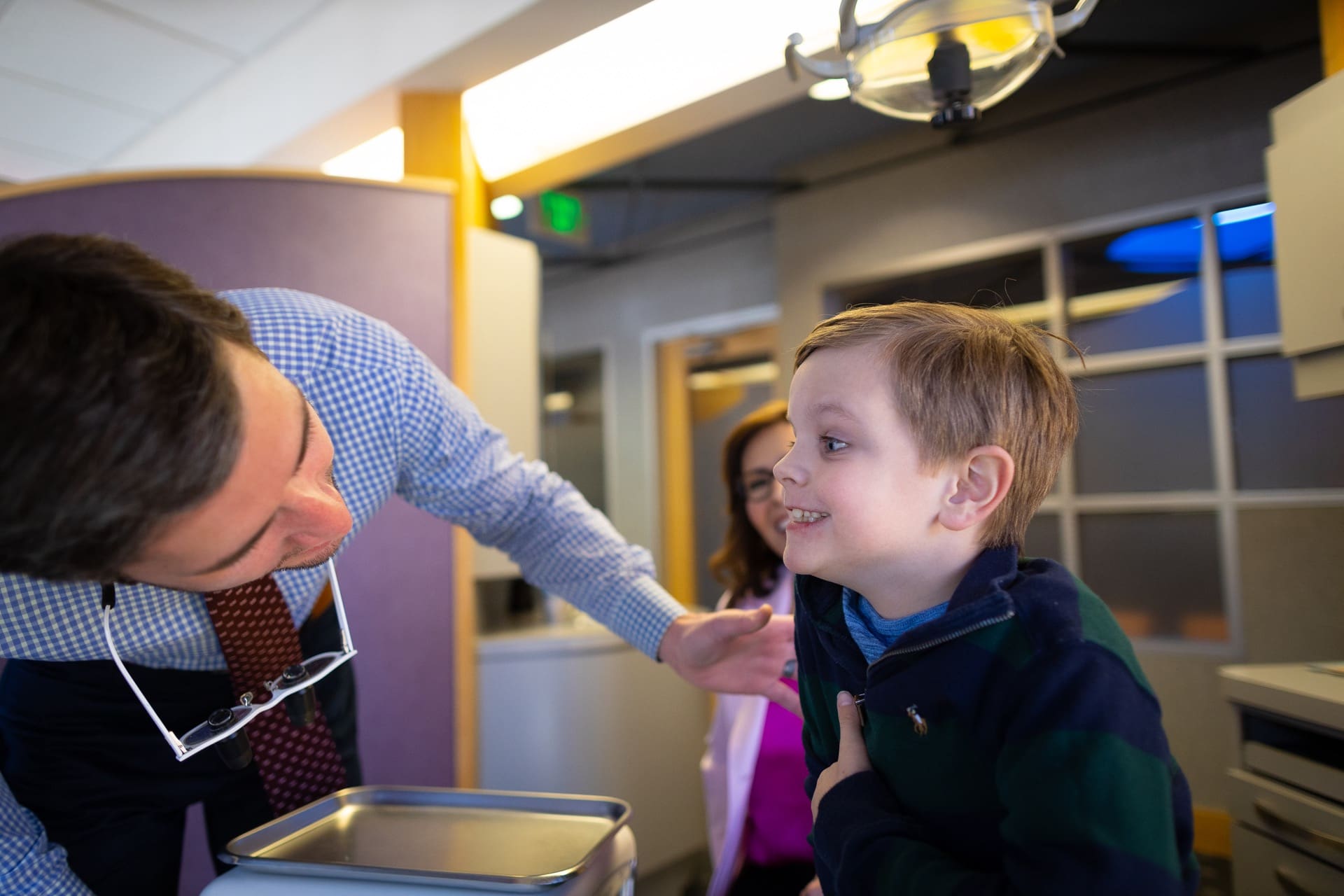
We Are Honored to Be Your Trusted Dental Home
Check out the whitening kit products we offer with a wear time of just 30-60 minutes a day and whiter teeth in only 5-10 days. What better way to complete your total teeth makeover than with a brighter, whiter smile! Schedule an appointment in our office by calling now! Our team is looking forward to working with you and your child to provide excellent, metamorphic results. Don’t delay, a customized beautiful smile awaits!


